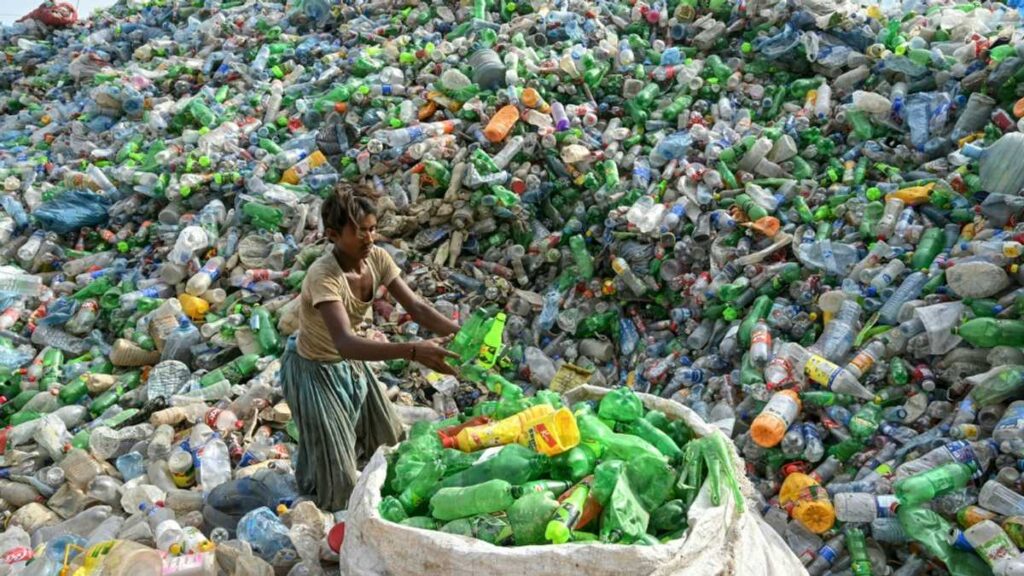The government has announced a crackdown on harmful pesticides, withdrawing 77 products from the market and restricting the use of 202 more in a move aimed at safeguarding public health, food safety, and the environment.
Among the high-risk pesticides withdrawn from the market are Acephate, Chlorothalonil, Diuron, and Thiacloprid substances widely used in conventional farming but flagged internationally for their toxicity.
Substances such as 2,4-D Amine has been restricted and is no longer permitted for use in coffee farming, while the miticide Abamectin is banned from use in open fields.
Others are Chlorpyrifos, Dimethoate, and Imidacloprid, previously common on many Kenyan farms have been restricted to very specific uses or banned outright in open fields.
The crackdown also includes 45 already banned pesticide ingredients in Kenya, including DDT, Lindane, Parathion, and Endosulfan, some of which are associated with severe health hazards in humans, and animals including cancer, neurotoxicity, and environmental contamination.
Further, 151 pesticide products including Oxydemeton-methyl and Mancozeb remain under review, pending a final decision in December 2025.
Agriculture Cabinet Secretary Mutahi Kagwe said the decision follows a comprehensive scientific review of 430 pesticide products by the Pest Control Products Board (PCPB), the national regulator for pest control substances.
Kagwe said the decision is a critical step towards aligning Kenya’s agricultural practices with global safety standards.
“We are firmly committed to safeguarding the health of our citizens, protecting our agricultural sector, and upholding Kenya’s environmental sustainability,” said Kagwe.
Kagwe said the board conducted the evaluation using scientific data from applicants and benchmarked its conclusions against regulatory decisions in the United States, Australia, Canada, and across the European Union.
“Following scientific assessments and stakeholder consultations, we have identified certain active ingredients and associated end-use products that pose unacceptable risks to human health, crops, livestock, and the environment,” said CS Kagwe.
Kagwe revealed that any new pesticide product considered for approval in Kenya must first be registered in its country of origin. Furthermore, the country will no longer register pest control products that are banned under international multilateral environmental agreements.
The Ministry has also reviewed the Draft Pest Control Products Bill, which has already received Cabinet approval and is expected in Parliament soon.
According to Kagwe, all pest control products considered for registration in Kenya must be registered in their country of origin.
Stay informed. Subscribe to our newsletter
“No pest control products banned at the international level under multilateral environmental agreements shall be registered for use in Kenya,” he added.
This measure is expected to reduce the inflow of substandard or dangerous pesticides that often find their way into African markets due to weaker regulatory frameworks.
The proposed legislation seeks to modernize and tighten the regulation of pest control products to reflect scientific advances and international safety standards.

























